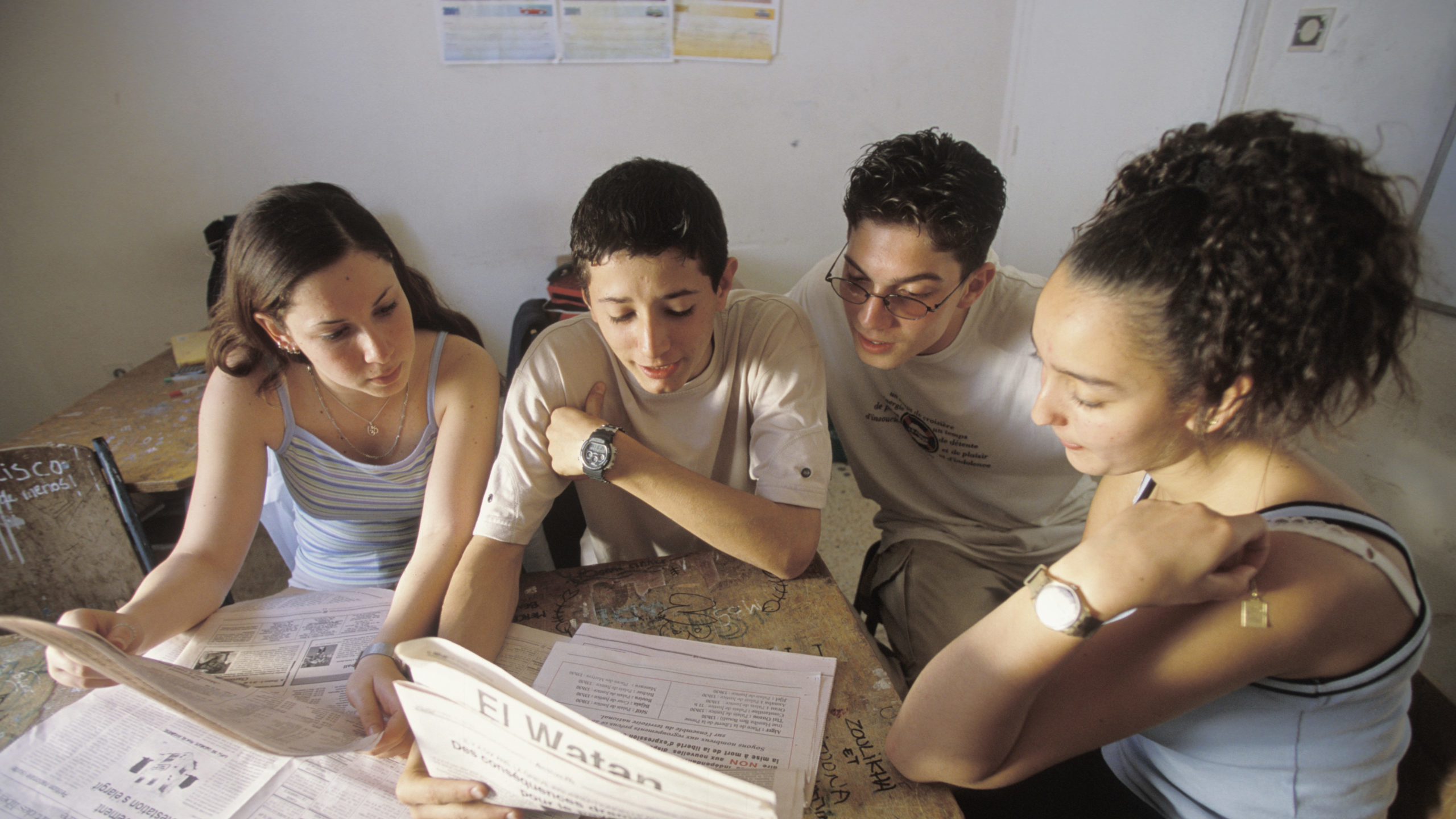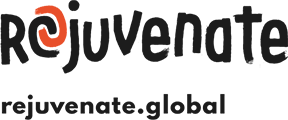resource
Lesbian, gay, bisexual, transgender, queer, and gender non-conforming (LGBTQ & GNC) youth experience more economic hardship and social stress than their heterosexual and cisgender peers. However, the ways that LGBTQ & GNC youth resist these damaging social factors and the corresponding implications for their health have not been addressed. Data were analyzed from a national participatory survey of LGBTQ & GNC youth ages 14–24 (N = 5,860) living in the United States. Structural equation models indicated that economic precarity was associated with experiences of health problems. This association was mediated by the negative influence of minority stress on health as well as by activism, which had a positive association with health. Findings suggest that minority stress explanations of health inequalities among LGBTQ & GNC youth can benefit from including a focus on economic precarity; both in terms of its deleterious impact on health and its potential to provoke resistance to structural oppression in the form of activism.






